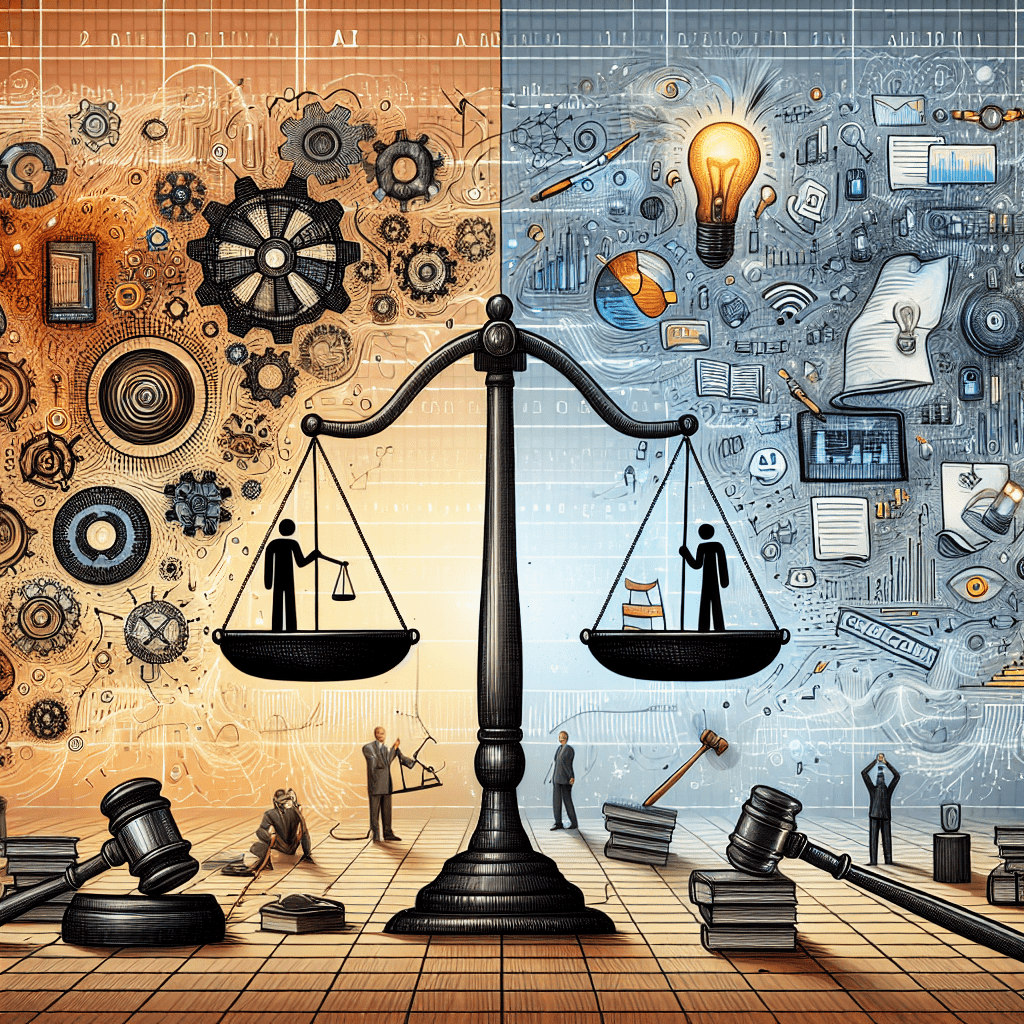Balancing Innovation and Regulation: The Evolution of AI Governance
In recent years, the rapid advancements in artificial intelligence (AI) technology have brought about significant benefits and challenges to society. While AI has the potential to revolutionize various industries and improve efficiency, it also raises concerns about privacy, ethics, and accountability. As a result, it has become increasingly important for policymakers and regulators to strike a balance between promoting innovation and ensuring responsible AI governance. This article explores the evolution of AI governance, the challenges it entails, and the strategies to address them.
The Evolution of AI Governance
AI governance refers to the principles, policies, and mechanisms put in place to regulate the development, deployment, and use of AI technologies. In the early stages of AI development, there were few regulations in place, allowing companies to innovate and experiment freely. However, as AI Applications became more widespread and powerful, concerns about their ethical implications surfaced, leading to calls for stricter regulations.
Today, AI governance has evolved to encompass a wide range of issues, including data privacy, transparency, accountability, and bias. Regulatory bodies and organizations around the world are working to develop frameworks and guidelines to address these concerns and ensure that AI technologies are used responsibly.
Challenges in AI Governance
One of the main challenges in AI governance is the pace of technological innovation. AI technologies are evolving rapidly, making it difficult for regulators to keep up with the latest developments and create relevant policies. This lag in regulation can result in potential risks and abuses of AI systems.
Another challenge is the lack of transparency in AI algorithms. As AI systems become more complex and autonomous, it can be challenging to understand how they make decisions and assess their potential biases. This opacity hinders accountability and trust in AI technologies.
Strategies for Effective AI Governance
To address these challenges, policymakers and regulators can adopt several strategies to ensure effective AI governance. One approach is to develop flexible and adaptive regulations that can keep pace with technological advancements. This means engaging with industry experts and stakeholders to understand emerging AI trends and potential risks.
Another strategy is to promote transparency and accountability in AI systems. Regulators can require companies to disclose information about their AI algorithms and decision-making processes, allowing for greater scrutiny and oversight. Additionally, regulators can encourage companies to conduct regular audits and assessments of their AI systems to identify and address any biases or errors.
Conclusion
As AI technologies continue to transform society, it is crucial to strike a balance between promoting innovation and ensuring responsible governance. By developing robust regulatory frameworks and fostering transparency in AI systems, policymakers can mitigate potential risks and maximize the benefits of AI technology for the greater good.
FAQs
What is AI governance?
AI governance refers to the principles, policies, and mechanisms put in place to regulate the development, deployment, and use of AI technologies.
Why is AI governance important?
AI governance is important to ensure that AI technologies are used responsibly, ethically, and in compliance with regulatory standards.
How can policymakers promote effective AI governance?
Policymakers can promote effective AI governance by developing flexible regulations, promoting transparency in AI systems, and fostering collaboration with industry stakeholders.
Quotes
“The development of full artificial intelligence could spell the end of the human race.” – Stephen Hawking


